One week to save the world
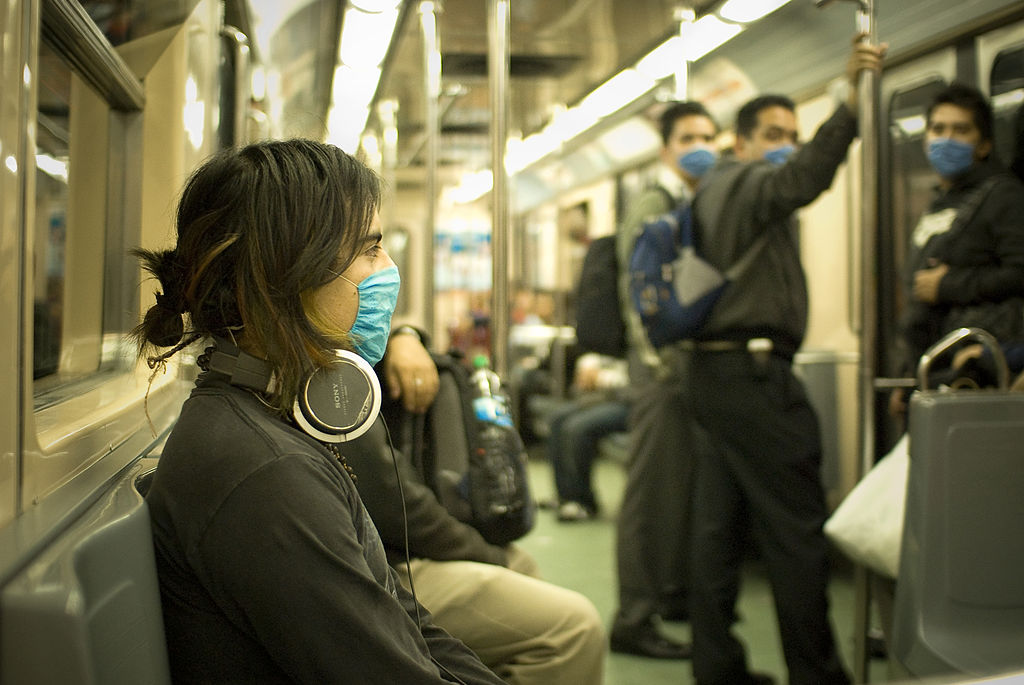
Students tackle global public health challenges head on in the Emory Global Health Case Competition
Published 29 September 2015
How would you restructure the World Health Organization, tackle malnutrition in Ethiopia or gun related violence in Honduras? Now, take this big, complicated, multi-faceted problem, learn everything you can, form a multi-disciplinary response and condense it into a convincing 15 minute presentation. You have one week.
This was exactly the challenge faced by students from the University of Melbourne who were sent to Atlanta to compete in the annual Emory Global Health Case Competition. The competition challenges cross-disciplinary student teams to work together to promote awareness of, and develop innovative solutions for 21st century global health challenges.
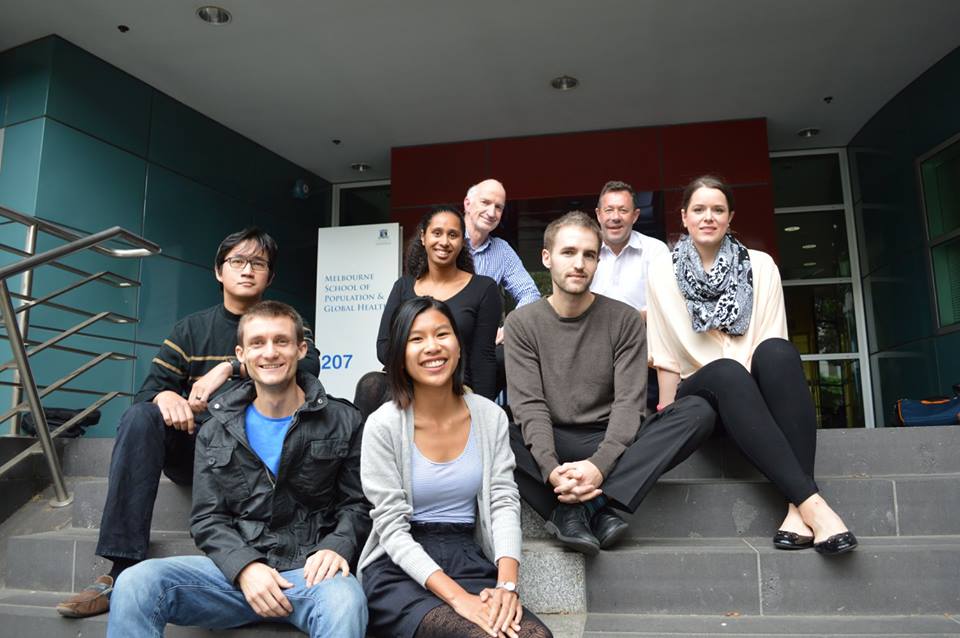
For the team of six, last year’s summer holidays were less about the beach and more about long days in empty classrooms and late nights in the library. After battling it out in practice cases to make it onto the team, the real work of intensive and rigorous preparation began.
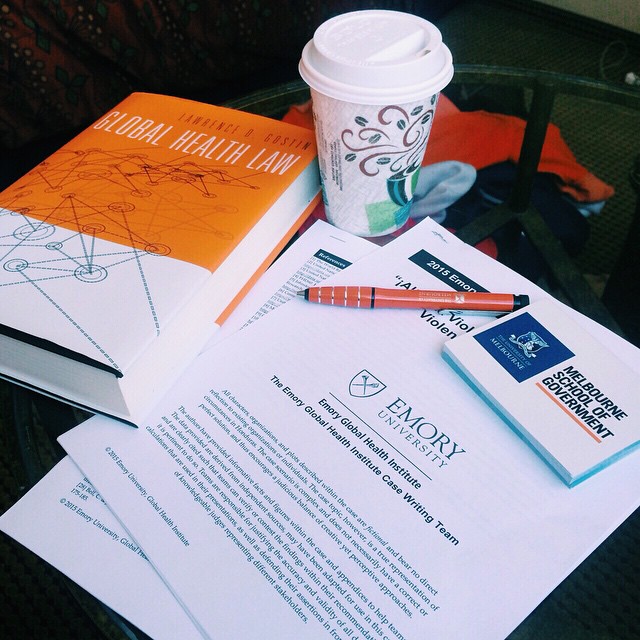
After successfully making it through preliminary rounds the team found themselves on a plane crossing the Pacific Ocean to Atlanta to compete against 24 teams from universities from across the world.
They would have one week to research and prepare a 15 minute presentation.
The case waiting for them when they landed in Georgia - ‘Reducing Gun Related Violence in Honduras’.
Claire Jiao, a Master of Public Policy and Management student in the University of Melbourne’s Faculty of Arts, reflects on her experience and why we need to approach global health with a broad, interdisciplinary perspective.
The challenge of global health
I was interested in public health, but I had very little formal knowledge or experience in the area. Given my background was in journalism and public policy I was unsure about how I could use my insights from those fields to contribute to my team. As soon as the application process started however, I realised that what I had thought were my weakness, could be used to my advantage. Public health has become such a broad field of study, people are recognising that there are various determinants to health problems with social, economic and political factors all affect a person’s well-being.
Health problems can no longer be approached using a purely medical lens.
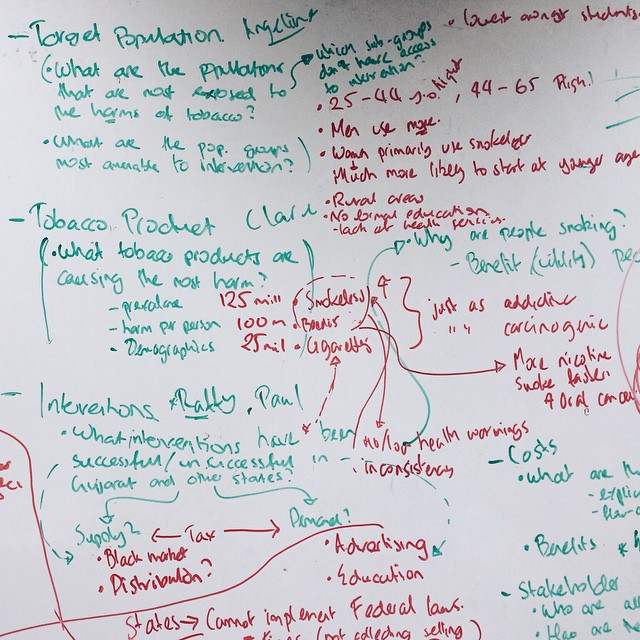
The team
The final University of Melbourne 2015 Emory team was a mix of students from different fields including development, public policy, commerce and public health.
Having such a diverse group taught me two things. First, that a policy background is crucial to a well-rounded case – it was important that I could help my group design and implement effective health policies. Second, the background of my other team mates was just as critical, I needed to be able to understand the medical, developmental and economic consequences of our projects, just as much as the politics. It wasn’t easy fusing different viewpoints together into cohesive presentations; more often than not they contradicted each other, just as they do in real life.
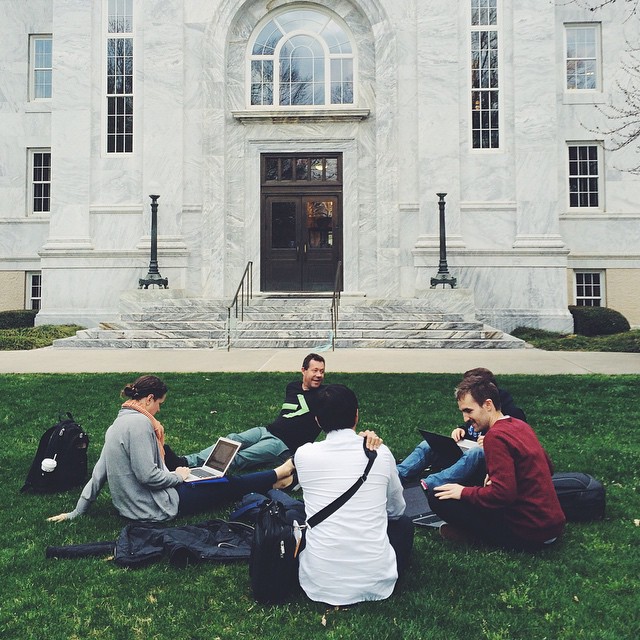
However as a group working together for more than six months, we develop a strong belief in each other and we learnt to understand that there needs to be give and take, depending on the needs of case.
The case
The diversity of our group worked to our advantage since the practise cases we were given were far from simple or one-dimensional. For example, one case had us assuming the role of the United Nations in a bid to improve the condition of refugee camps in Africa. For another case, we had to be a right-wing political party seeking re-election by promising an overhaul of the universal health care system in France.
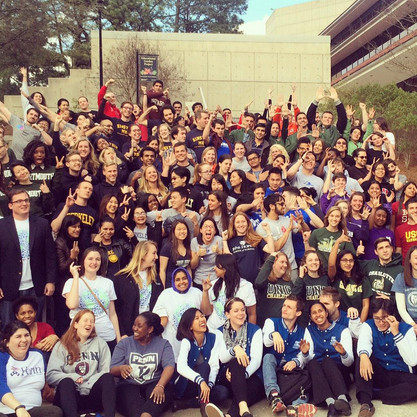
During the competition itself in Atlanta, we had to be a think tank proposing a reduction in gun violence in Honduras. The University put us into contact with various experts to help us create presentations with feasible, real-world impact. We had the privilege of speaking with thought leaders in the Nossal Institute for Global Health, World Vision and, of course, the Centers for Disease Control and Prevention, based in Emory University.
Joining the Emory Global Health Case Competition was one of the most important learning experiences I’ve had during my time at the University of Melbourne.
It was the culmination of everything I’ve been taught so far in the classroom, including how to bring together different sectors and aggregate their interests to make policies that deliver the public good.
Whilst the team was not successful in progressing to the final stage of the competition they were thrilled to make it to Atlanta to compete and very satisfied with not only their presentation but their cohesive work as a team.
Banner image: ‘Swine Flu Masked Train Passengers in Mexico City’. Photographer Eneas De Troya via Wikimedia Commons
